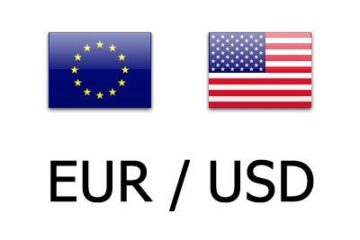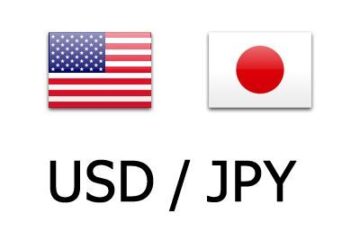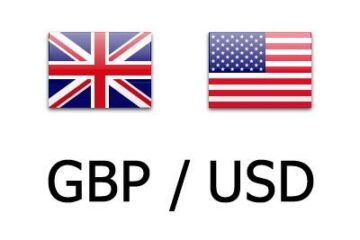Many big brands that fill the shelves of your local grocery store have faced a challenge in recent years: figuring out how to offer a healthier product to consumers who are becoming savvier by the day about the ingredients they consume.
While the ’80s and ’90s were ruled by sugary cereals with colorful cartoon characters, today’s consumers often aren’t okay with that option for themselves or their children. They’re looking for a product that tastes good but also is better for their health.
💵💰Don’t miss the move: Subscribe to TheStreet’s free daily newsletter 💰💵
You can see evidence of this shift in the cereal aisle, which still has those ’80s classics for diehards and Gen Xers in need of a dose of nostalgia. But you’ll also see a lot of familiar brands pushing “all-natural” ingredients or using other buzzwords, such as Cheerios’ “Cheerios Protein” options.
Now PepsiCo’s Life brand is adding a new take on a classic cereal to the mix, and it’s all about optimizing breakfast for the health-conscious.
Quaker’s Mighty Life is for the multigrain crowd.
Image source: PepsiCo
PepsiCo’s newest cereal is called Mighty Life
Quaker’s Mighty Life, a new multigrain cereal, is clearly aimed at capturing the interest of the health-conscious consumer by reinventing a classic name everyone knows.
It comes in two flavors, Very Vanilla and Strawberry Blueberry Bliss, with the former stating “supports healthy bones” while the latter promises “immunity support.”
The new cereals retail for $2.99 a box or $4.97 for a family-size option. They can be purchased at Walmart and most major grocery store chains.
Related: Popular breakfast cereal brand discontinued
Life cereal has been around since the ’60s and was advertised as a high-protein choice back then, meaning this shift is actually a return to the brand’s origins.
There’s also a reason PepsiCo is trying this particular move with the Quaker brand. Its operating profit increased by 323% in Q4, in part due to lower advertising and marketing expenses. It’s a good area in which the company can try to push for growth.
Why consumers eat cereal less often
The cereal category has taken a major nosedive in recent years, with Nielsen reporting in 2024 that unit sales in the cereal category declined 4.2% in the previous 12-month period. Companies like Post are seeing a 2.3% decline in their cereal holdings, according to their most recent earnings report.
Simply put, a lot of people have been learning that healthy breakfasts mean a dose of high protein, ideally alongside fruits and vegetables. This has led many to opt for healthier options packed with protein, such as Greek yogurt, cottage cheese, and overnight oats.
One noteworthy development is that smaller cereal makers aimed squarely at making healthier versions of cereal, such as Magic Spoon, have captured the eye of many who will tolerate an upcharge on a more nutritious version of the breakfast classic. Getting placement in high-profile stores like Target also likely helped.
Related: Popular cereal manufacturer delivers harsh news amid struggles
Also, not being bound to big production contracts like the big companies are, these smaller brands can experiment and try new things more often. It also sometimes gives them a leg up on their competition.
Many of the bigger cereal makers are looking at the moves made by these smaller companies and taking notes from their playbooks.
The global breakfast cereal market size was valued at USD 47.14 billion in 2024 and is projected to grow from USD 49.07 billion in 2025 to USD 72.19 billion by 2033, according to Straits Research.
Related: Pepsi quietly discontinued a fan-favorite soda flavor


